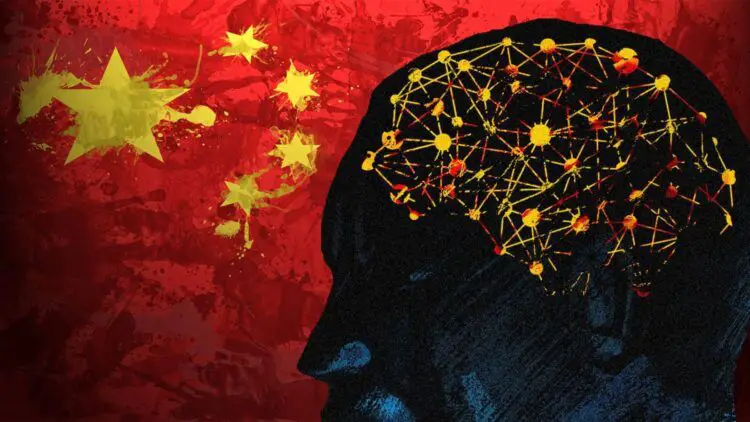China is known for its tight regulations on the internet and technology, and the recent ChatGPT ban has caught the attention of many. ChatGPT is an AI-powered chatbot platform that uses natural language processing to simulate human-like conversations. ChatGPT has become increasingly popular in recent months, and many users and developers are left wondering what the future holds for this technology in China.
ChatGPT is a chatbot platform that utilizes the power of artificial intelligence (AI) to provide users with a more personalized experience. Unlike traditional chatbots that follow a predetermined script, ChatGPT uses natural language processing (NLP) to adapt to different contexts and provide human-like responses.

ChatGPT can be used for a variety of applications, such as customer support, language learning, and mental health support. It’s designed to be highly scalable, meaning it can handle large volumes of conversations simultaneously. This makes it an attractive solution for businesses and organizations that need to provide 24/7 customer support.
Why did the China ChatGPT ban happen?
In May 2021, the Chinese government announced a ban on ChatGPT and other chatbot platforms that utilize similar technology. The ban was imposed due to concerns about data privacy and security, as well as the potential misuse of AI technology. The government also cited concerns about the impact of chatbots on national security and public order.
The ban means that users in China are no longer able to access ChatGPT for their needs, and developers are required to comply with the ban or face legal consequences. The Chinese government has been tightening its grip on technology and internet use in recent years, and the ChatGPT ban is just one example of its efforts to regulate the use of AI technology.
Implications of the ban for the chatbot industry
The ChatGPT ban has significant implications for the chatbot industry in China and beyond. China is one of the largest markets for chatbot technology, and the ban has created a void that other platforms will need to fill. This presents both opportunities and challenges for developers and businesses operating in the chatbot industry.
On one hand, the ban creates an opportunity for other chatbot platforms to expand their reach and gain a foothold in the Chinese market. With ChatGPT out of the picture, there is room for innovation and competition in the industry. Developers can create new and improved chatbot solutions that address the concerns raised by the Chinese government, such as data privacy and security.

On the other hand, the ban also poses challenges for developers and businesses that were relying on ChatGPT for their operations. They will need to find alternative solutions that meet their needs, which could be difficult given the unique capabilities of ChatGPT. Additionally, the ban creates uncertainty and instability in the industry, making it difficult for businesses to plan for the future.
According to Nikkei Asia, Chinese tech giant Baidu has already started to integrate ChatGPT-style Ernie Bot across all operations.
The future of chatbot technology in China is uncertain
The ChatGPT ban is just one of many regulations that the Chinese government has introduced to regulate the use of AI technology in the country. It’s likely that we’ll see more regulations and changes in the chatbot industry in China in the coming years. This could have a significant impact on the future of chatbot technology not only in China but also globally.
One potential outcome is that developers and businesses will need to focus more on developing chatbot solutions that are compliant with Chinese regulations. This could result in the creation of more localized chatbot platforms that are tailored to the Chinese market and its unique regulatory environment. Developers may need to collaborate with government officials and regulators to ensure that their solutions meet the requirements of the Chinese government.

Another potential outcome is that the ChatGPT ban could spur innovation in the chatbot industry. Developers may be motivated to create new and improved chatbot solutions that address the concerns raised by the Chinese government. This could lead to the creation of more secure and privacy-focused chatbot platforms that are better suited to the needs of users in China and other countries.
Overall, the future of chatbot technology in China is uncertain. The ChatGPT decision of the country has created a void in the market, and it remains to be seen how other chatbot platforms will fill this void. The Chinese government’s regulations on AI technology will continue to have a significant impact on the industry, and developers and businesses will need to adapt to these changes in order to succeed.





